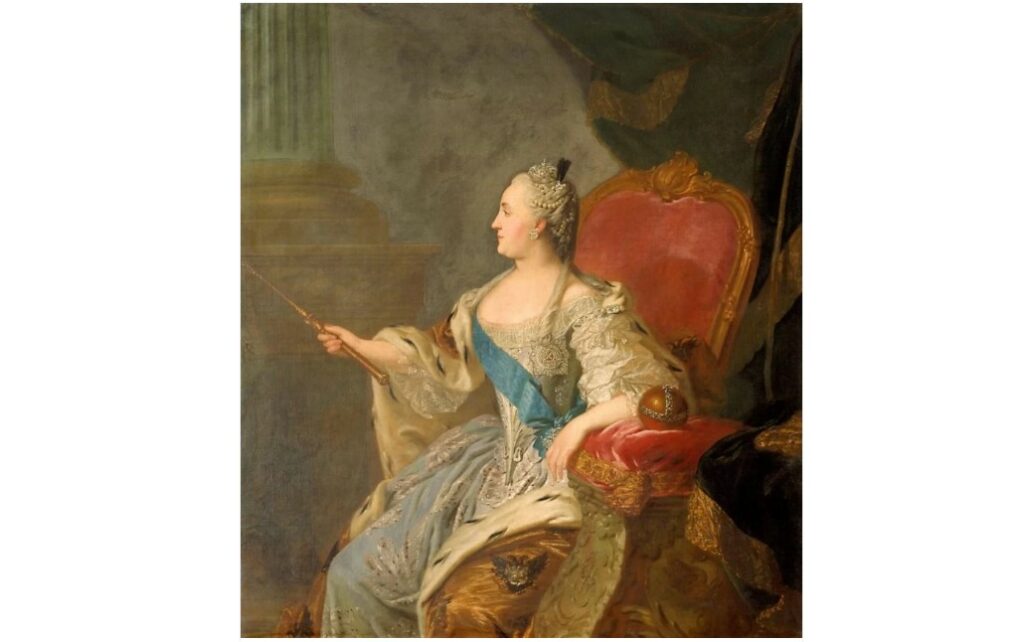Galaxy Digital and Animoca Brands tokenized a 1708 Stradivarius violin as collateral for a multi-million dollar loan.
Michael Novogratz, the owner of Galaxy Digital, and Yat Siu, the co-founder of Animoca Brands, tokenized a 1708 Stradivarius violin as collateral for a loan worth many millions of dollars. Reports state that Galaxy Digital extended a loan to Siu on June 4 for an undisclosed amount.
Siu used his 316 years old violin as collateral for the loan. Through the process of converting the violin into a nonfungible token (NFT), the digital assets company will keep both the NFT and the physical version of the violin until Siu settles the debt. Galaxy Digital and Siu stated that the loan was “in the millions”, but they did not disclose the exact amount. A custodian with its headquarters in Hong Kong will hold the violin until Siu and Galaxy Digital approve its removal from their possession.

Catherine the Great, the Empress of Russia, once owned the violin. Tarisio, an auction house that specializes in musical instruments, has researched the origin of the violin, tracing its history back more than three hundred years. Tarisio claimed that the Russian embassy in Venice bought the violin for the Empress Elisabeth Petrovna, who ruled the Russian Empire from 1741 to 1762.

Catherine II, also known as Catherine the Great, received the violin after her death.In 2023, Siu purchased the violin at auction for more than nine million dollars. Thomas Cowan, who is the vice president of tokenization at Galaxy, stated that the capability to tokenize actual assets has the potential to alter the current state of affairs in the cryptocurrency lending industry.
The collateral typically attached to crypto assets holds significant value due to their volatility. During an interview with Bloomberg, Cowan noted that the tokenization of tangible assets enables them to lend more money to their customers, even against assets that are prone to volatility, such as Bitcoin or Ether. The executive believes that in the future, they may expand it to include real estate, despite it currently being a violin.
The tokenization of tangible assets uses non-fungible tokens, but sales of digital collectibles have declined. CryptoSlam, a data tracker, revealed in May that the volume of sales for non-fungible tokens (NFTs) had decreased by 54%.
Although they only generated $624 million in sales volume in May 2024, non-fungible tokens (NFTs) generated over $1 billion in April 2024. Notable non-fungible token (NFT) blockchains, including Bitcoin, Ethereum, and Solana, all experienced a major decline in sales.
